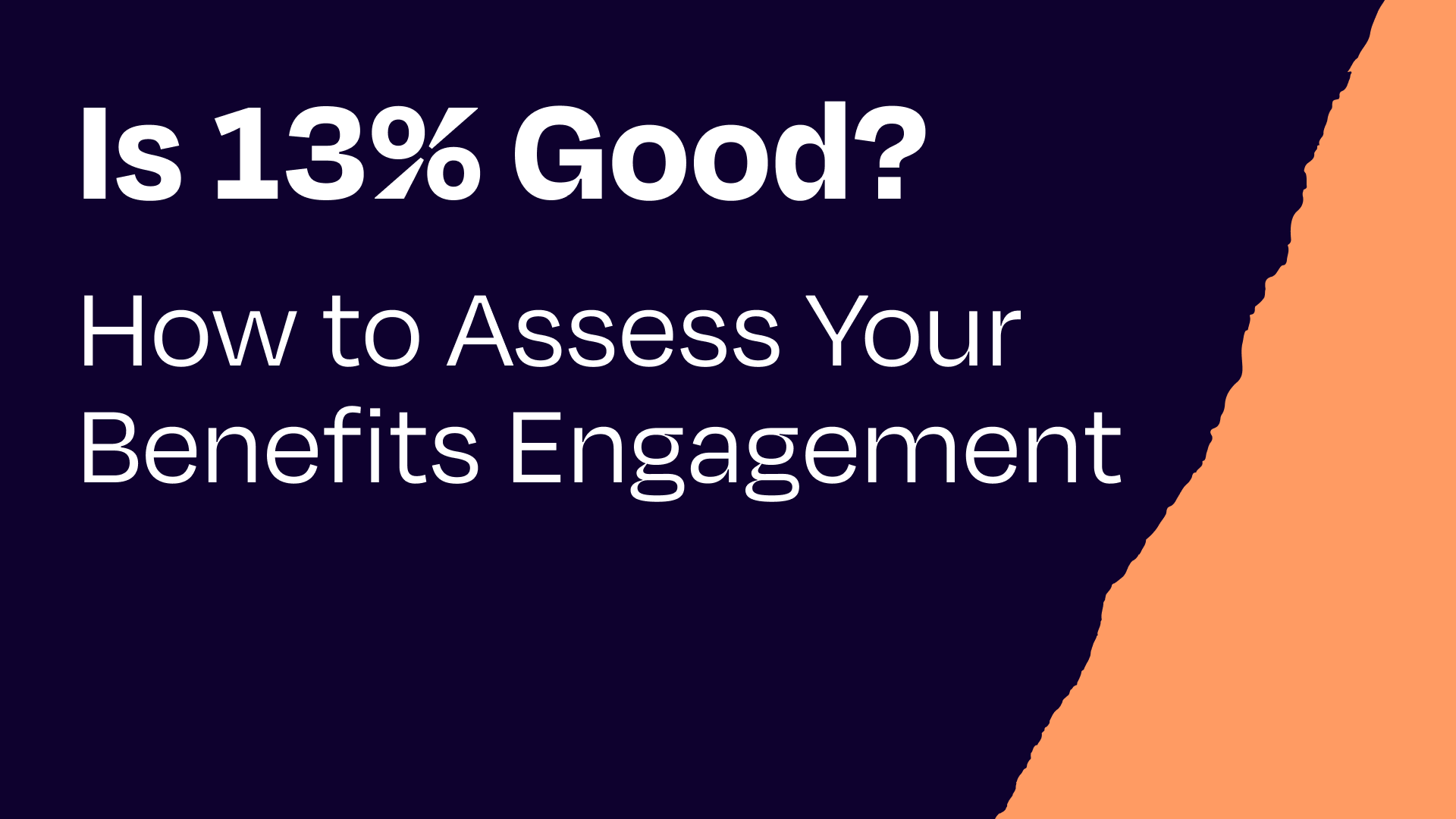Imagine you’ve spent months implementing a new employee financial wellbeing benefit. How do you measure whether it’s been a success?
We recently posed the question to an HR team and received a familiar response:
“13% employees clicked through to read about the new savings product. Is that good?”
When we launch financial coaching into an organisation, we measure success quite differently.
- We aim for 50% of employees to meet a financial coach
- We aim for 80% of those to go on to take concrete action on their finances
They were just two examples of goals. The question is, what’s the right ambition for your financial wellbeing programme?
What are you trying to achieve? What’s your “why”?
Start by asking, why is financial wellbeing important to you? Is it a governance objective? Are you looking to achieve competitive parity? Do you want to show employees you care?
If your aim is to achieve any of those, you may well be able to do so with only a small proportion of employees engaging and taking action. For example, if your package is as good as your competitors, you’ve achieved parity, regardless of how well your employees use it.
Alternatively and more ambitiously … perhaps your aim is to actually achieve financial wellbeing … for all your employees?
Of course, it’s with this aim that you can hope to reap the full potential benefit. Research has shown, when employees achieve financial wellbeing, they become more productive and stick around longer, saving employers 13-17% of salary costs.
Do you need 50%+ benefits engagement?
It varies by study and by employer, but up to 94% of employees worry about money.
So, to achieve financial wellbeing for all employees, you might need up to 94% engagement. That might seem a tall order, but you don’t need to get there in a single shot. You could take an agile approach to building wellbeing, and you could see this as a multi-year vision and campaign. That said, it’s perfectly possible to achieve 50% (real) engagement from a simple launch campaign.
Engagement is just the tip of the iceberg
High employee engagement is a great start. But we need more than that to actually improve peoples’ financial wellbeing.
We need all of them to learn about, and take the best decisions with, all key areas of their finances, whether that’s spending, saving, investing, pensions, borrowing, mortgages, insurance or wills.
These decisions must be taken knowing how much more on track it will put them for their key life goals, whether they are holidays, raising children, buying property, retirement or anything else. People only achieve financial peace of mind when they are mindful of what brings them happiness, and confident these things will be affordable.
Finally, we need to ensure that everybody actually takes action, either modifying their financial behaviour, or setting up the right financial products.
1-2-1 guidance is usually critical in this process, and it is important your education, guidance and product solutions work in unison.
So, what to aim for?
If your purpose is to achieve financial wellbeing, then ultimately you want 100% of your employees to feel happy about money.
That could be your enduring vision – the thing you never quite reach, but always strive for.
Maybe short-term you want to try to strive for 40% of your employees to feel happy about money? Or 30%? Or 70%? There’s no right answer, and you may find the best approach is to take an agile approach.
But whatever your ambition level, the important thing, if wellbeing is your purpose, is to measure yourselves in terms of how happy people are about money, and not just “engagement.”
